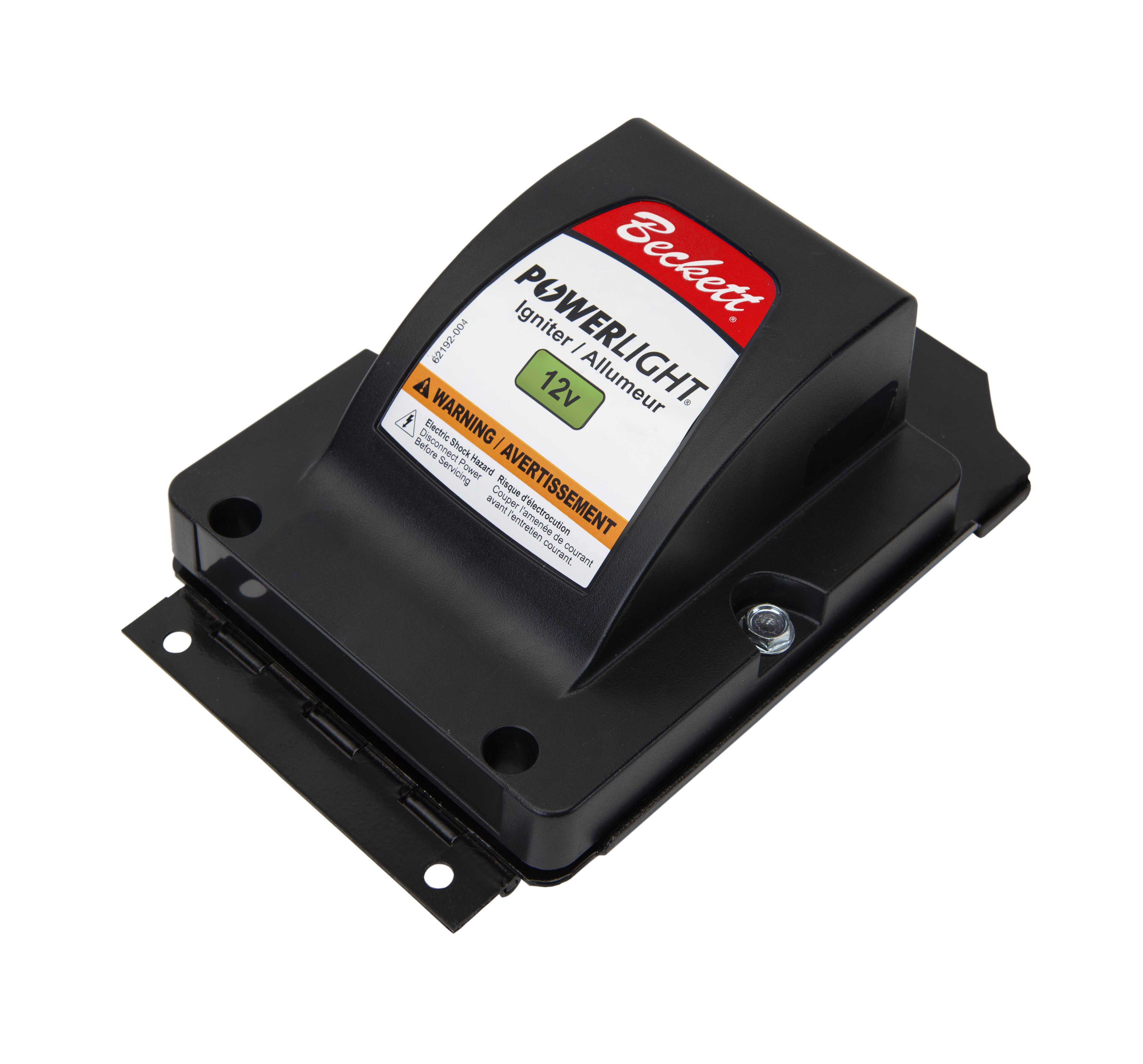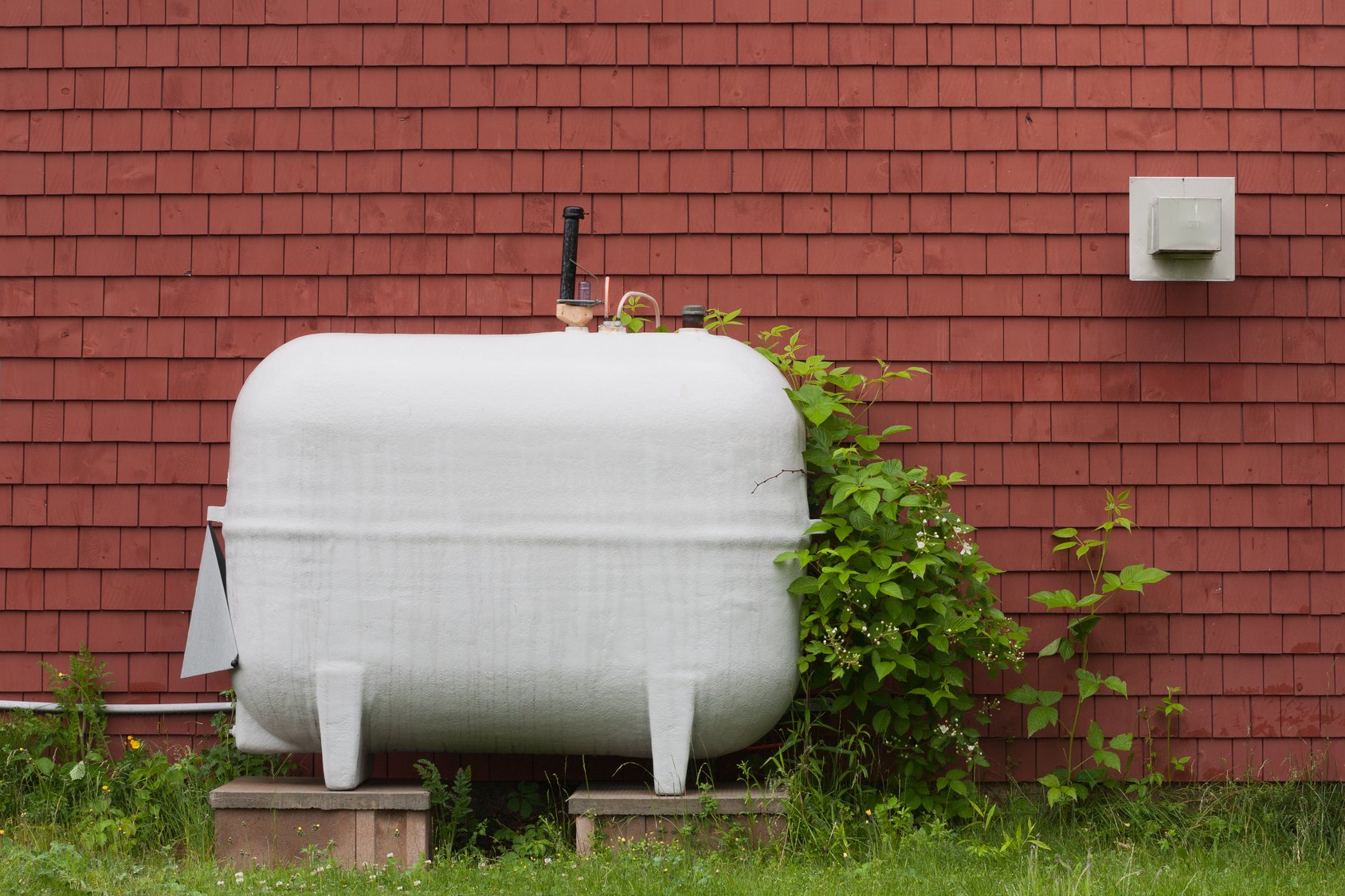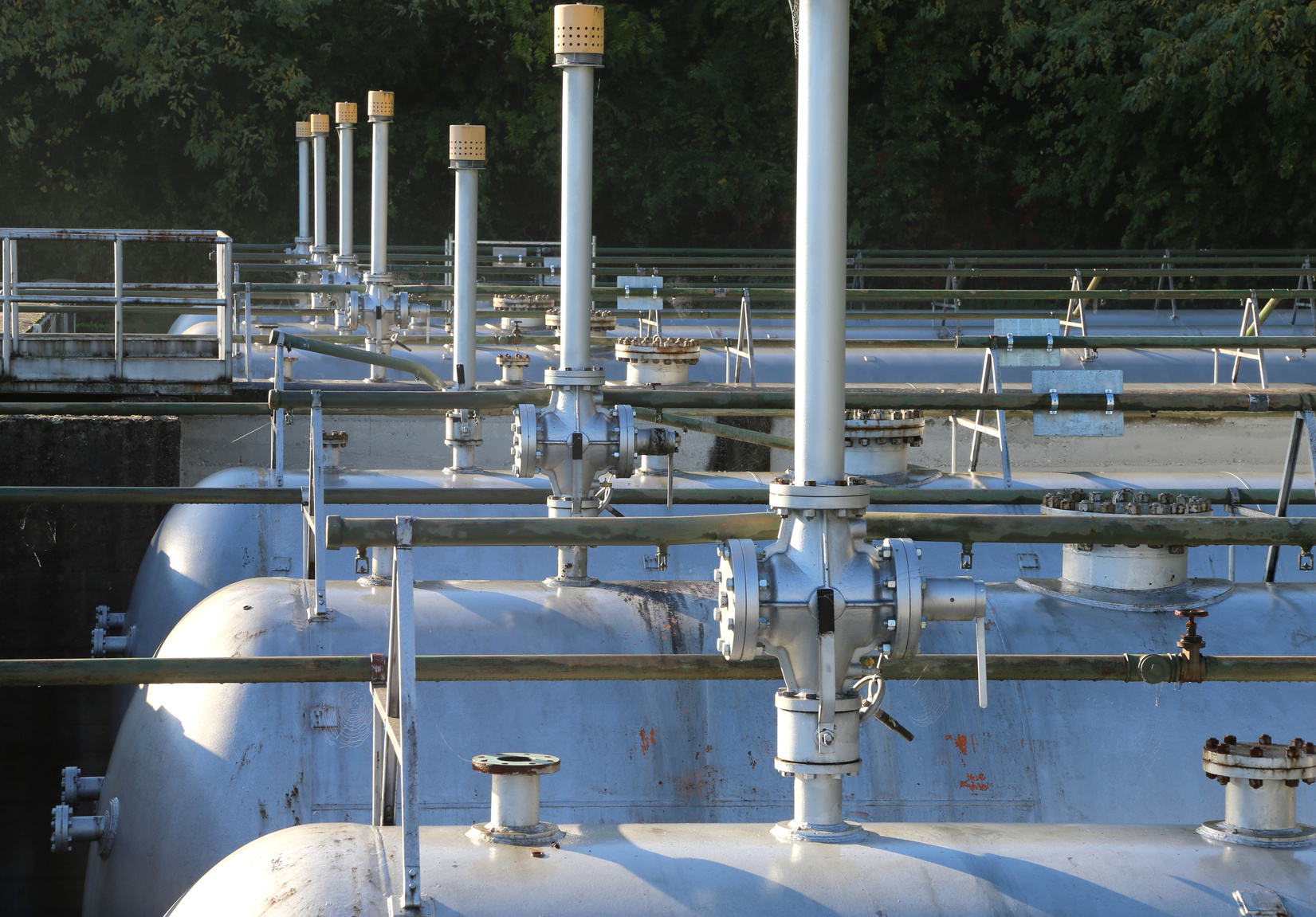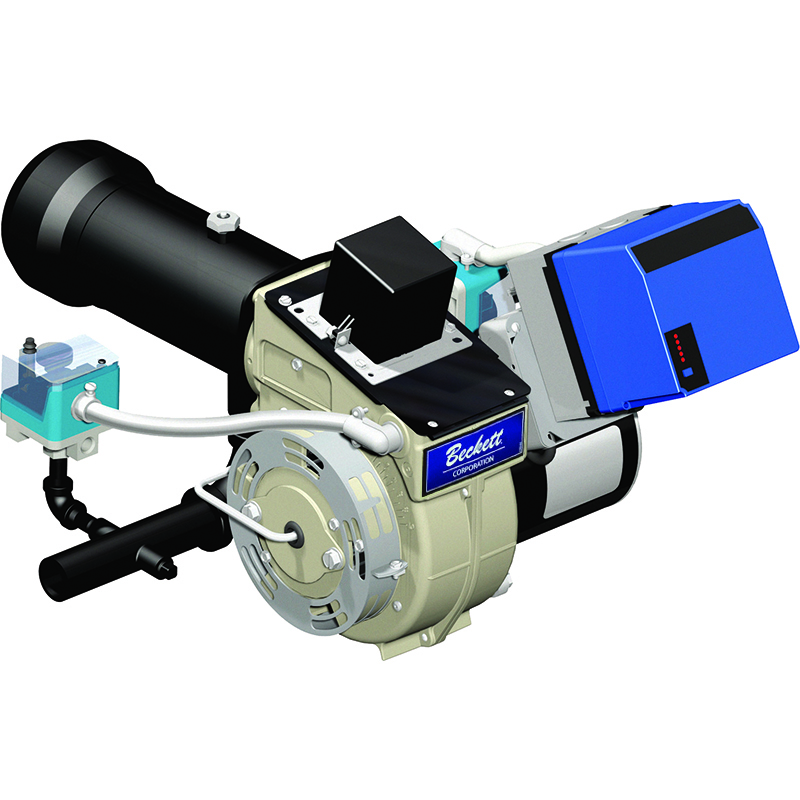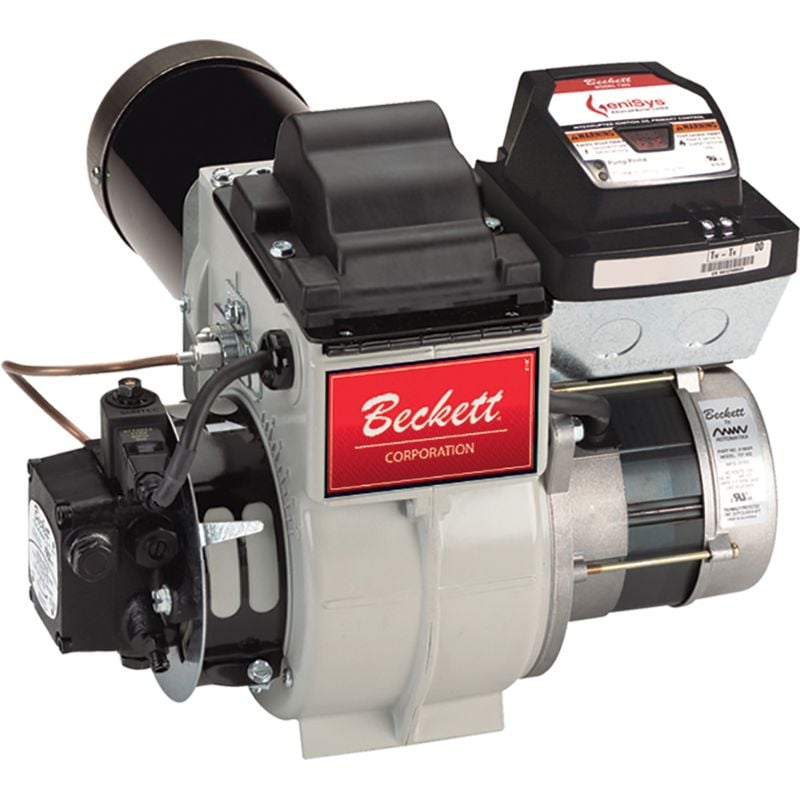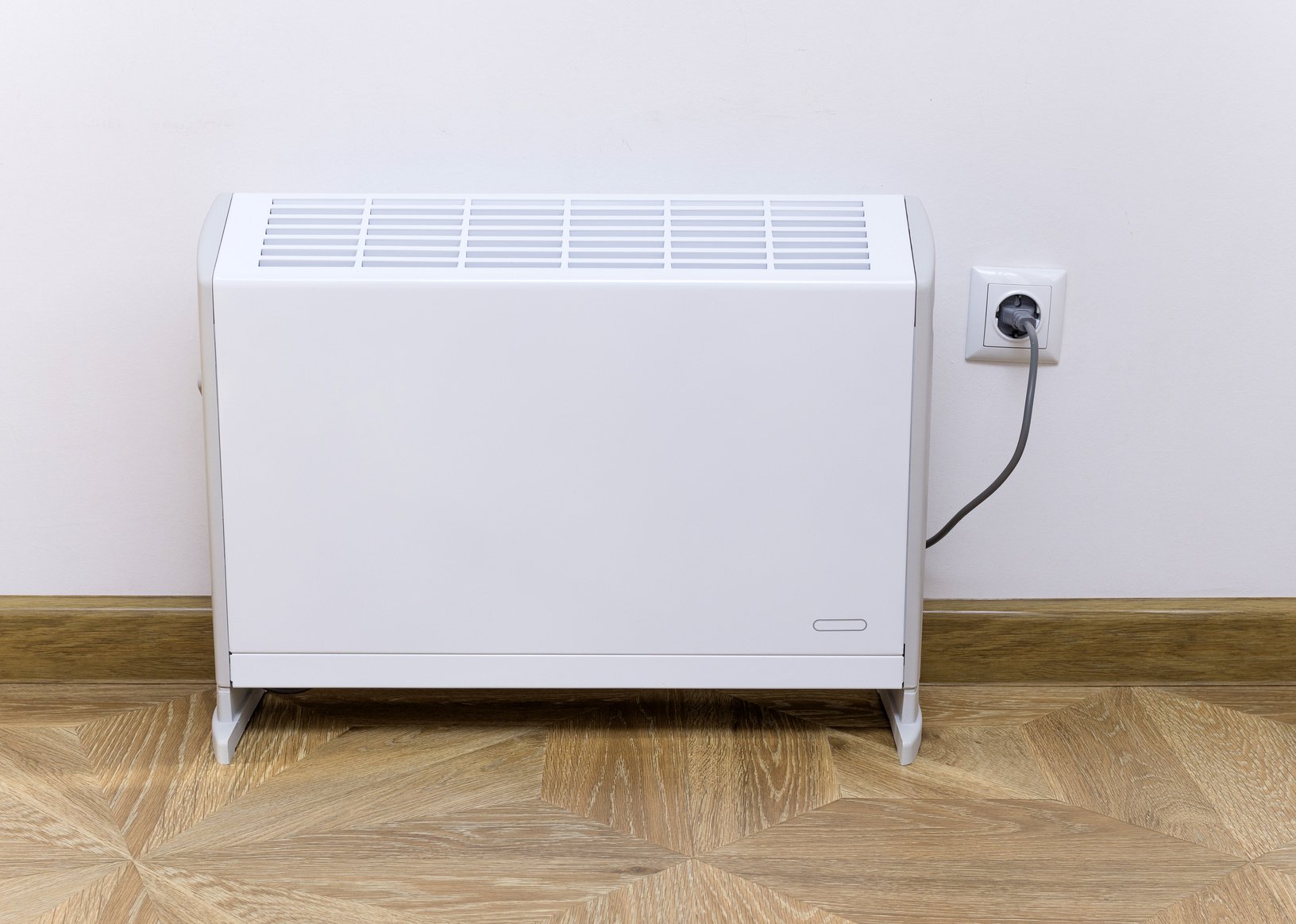Advancements and innovations in the heating industry are usually designed with a few goals in mind: improving efficiency, enhancing safety, and creating a more reliable and convenient heating system for the customer, to name a few. Combustion cycles don't start if there isn't a reliable source of ignition. That's where advancements have improved each of these goals with the use of an advanced ignition system.
Beckett Corp.
Recent Posts
Topics: Igniters
In many parts of the country, oil heat is one of the most popular types of heating systems for homes and facilities. There are several reason why oil is a popular heating fuel in various areas, from price to logistics to convenience. However, one of the most important characteristics of oil heat to consider is its relative level of safety compared to heating options like gas, propane, and more. In this post, we'll discuss oil heat safety vs. other heating fuels and explain why these characteristics make oil such a popular heating fuel.
Every component in the heating system has a specific purpose and a role to play in generating and regulating heat for delivery to homes and facilities. These components must not only function correctly on their own but also in conjunction with the rest of the heating system in order to produce reliable heat. One particularly important piece of the system that has helped to increase heat reliability over the years is the solid-state, electronic igniter. The purpose of the igniter, overall, is to provide the high voltage spark necessary for fuel ignition. As the system's ignition source, the modern igniter ensures that the rest of the system provides dependable comfort to customers. In this post, we'll provide an introduction to igniters, how they function, and how technicians can service and troubleshoot them.
Topics: Heating Technologies, Igniters
Green fuels - products that will address manmade global warming. While green fuels, including biodiesel and renewable diesel, are almost certainly more environmentally friendly than more traditional heating fuels, it's still somewhat unclear and difficult to predict exactly how much environmental impact green fuels may have today and in the future. Perhaps the most accurate way to quantify the sustainability of biodiesel and renewable diesel is in comparison to the sources and environmental footprint of carbon-based fuels.
In comparison to heating fuels such as oil, gas, and electricity, what gives green fuels the opportunity to be much more sustainable heating options? In this post, we'll discuss the main characteristics that make today's green fuels sustainable compared to traditional heating methods as well as the impact these fuels are already having in certain regions of the US.
Topics: Green Fuels, Renewable Diesel, Biodiesel
The demand for alternative heating fuel options is higher today than it ever has been thanks to rising concerns about greenhouse gas emissions and global warming. As consumers have begun to ask for more environmentally-friendly heating fuels and heating companies have recognized this demand in their industry, heating and combustion scientists, researchers, and engineers have worked to develop new heating fuels with much lower negative impact on the planet. While green diesels continue to rise as an alternative fuel category with high potential for impact, other alternatives are also emerging which can convert waste back into fuel.
Topics: Heating Types, Alternative Fuels
Over the years and decades, heating systems, home design, and other appliances and technologies have developed alongside our changing needs and lifestyles. For heating systems and appliances that use gas, the gas burners inside have also gone through a series of design and engineering changes. Several iterations of the gas burner have replaced older technologies, all in favor of safer and more efficient gas heat. In this post, we'll discuss the evolution of gas burners through the history of gas heat and the benefits these developments brought to the industry and its consumers.
Topics: Heating Technologies, Burner, Gas Burners
While older oil burners and oil appliances sometimes experienced a wide range of safety and efficiency issues, many advances have been made in more recent years to ensure that today's burners operate with peak performance. This includes improvements to both the design and engineering of oil burner systems as well as education and training for modern technicians. In this post, we will discuss oil burner safety and efficiency today as well as the advancements that made possible modern oil heat as we know it.
Topics: Oil Heat, Oil Burners
As green fuel options continue to enter the heating and combustion industry, it's incredibly important for manufacturers, technicians, and consumers alike to to educate themselves about these cleaner and more sustainable fuel options and the opportunities they present. For anyone that's doing their research into green fuels, understanding the processes used to produce both biodiesel and renewable diesel are a huge piece of the puzzle. These processes actually impact the sustainability of the fuels they produce in several significant ways. In this post, we'll discuss the different green fuel production processes and how they affect the green potential of both biodiesel and renewable diesel as heating fuels.
Topics: Green Fuels, Renewable Diesel, Biodiesel
As heating and combustion technology developed over the years, oil burner innovations have made today's system safer and more efficient than ever before. From the first oil burners until now, technological and engineering advances both big and small have improved oil burner performance in ways that benefit the customer as well as the service technician.
Topics: Burner, Oil Burners
When we talk about the different fuels that can be used to heat a home, the first energy sources to come to mind are probably the most commonly used fuels: oil, natural gas, propane, etc. However, another source of energy provides a heating alternative to liquid fuels: electricity. Electric heating systems convert electric energy into thermal heat energy to warm your space. In fact, there are a few different electric heating types to be aware of if you're considering using electricity to heat your home. In this post, we'll discus what homeowners should know about electric heat, the two main electrical heating systems, and the pros and cons of choosing this type of energy.
Topics: Heating Types, Electric Heat


